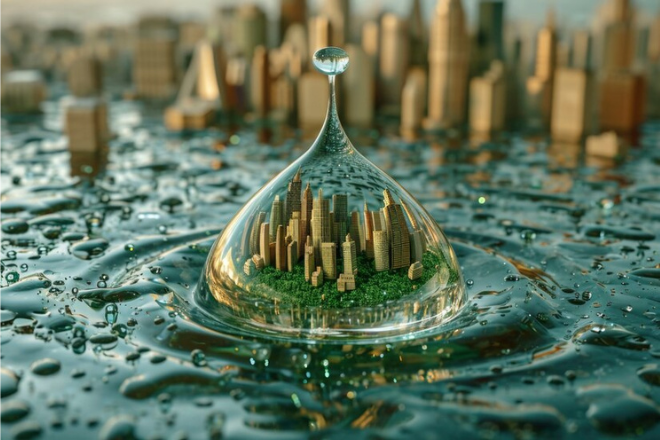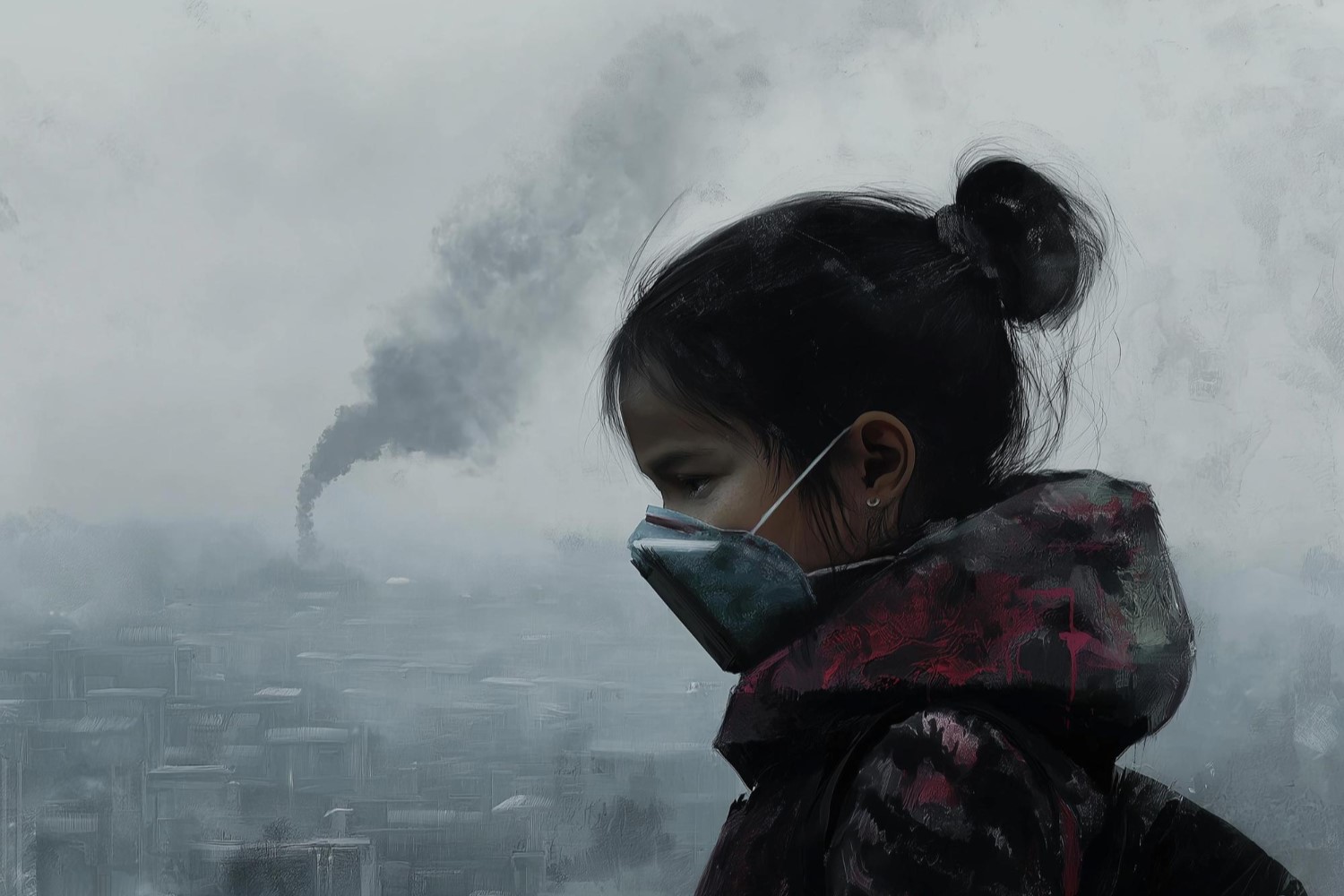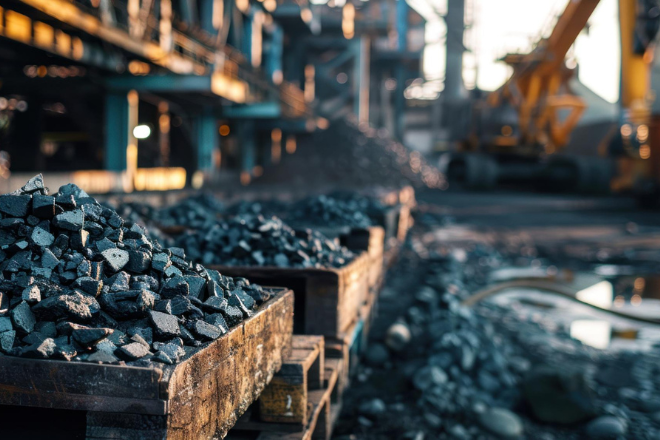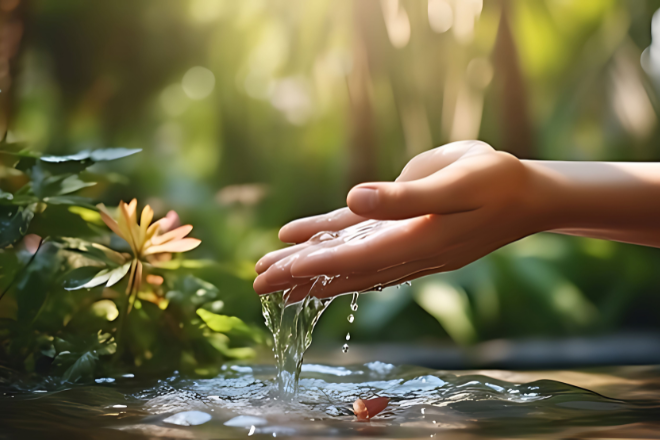Environment
The Necessity of Preserving Water Resources for Future Generations
The world as we know it today came into existence through a series of inevitable changes that had both positive and negative impacts on various sectors,
including water resources. One such impact is the reality of intergenerational equity and the relationship between generations in the context of our
ecosystem. It is necessary to understand that every generation is an inheritor of the resources used for the welfare and well-being of the planet and,
at the same time, a custodian for conserving the planet for future generations.
The need to preserve water resources
Water has been one of the perennial resources to exist from the beginning of life on earth. The importance of water, in the future, is necessary for
the socio-economic development of energy and food production. According to the World Bank, India is one of the most important users of groundwater.
Population explosion and changes in lifestyle cause water stress, along with agricultural and industrial developments with exploitation of groundwater.
Continuation of this trend would lead to the population facing domestic, agricultural and industrial shortages, along with serious implications for long
term food security, livelihood and economic growth.
Half the country’s population does not have access to safe drinking water, and around 600,000 children under the age of five die due to lack of deficient
water supply and sanitation. According to a study, water demand will only double by the year 2030. India currently faces a large gap between current supply
and demand, amounting to more than double. This indicates that without sustainable and economical strategies to preserve water resources, the future
generations will face a severe shortage of water, thereby affecting every other sector.
Water conservation in India
Water conservation, especially in India, dates back to Harappa of the Indus valley and Mohenjo -Daro. These strategies were adapted and utilized along with the time and developments as required by different industries and sectors. These methods are not just about controlling water supply by building dams or laying out pipelines, but they are about the relationship between society with its water and understanding the value and sustainable use for its future generations as well.
There are several methods implemented in order to save water in every sector of society from rural to urban areas, some of which are:
- Bamboo drip irrigation - This method taps spring water to irrigate fields through a network of channels made by bamboo pipes of various diameters to allow a
downward flow of water by gravity, which can reduce around 20 liters of inflow water running over many kilometers to 20 to 80 drops per minute in agriculture fields.
- Greywater recycling systems - This system is used to collect water from sources like baths, hand basins and showers which are reused for washing machines, toilet flushing and other external usages. The idea behind this system is simply to get the most out of water by using it efficiently.
- Rainwater harvesting - From basic to complex designs, this system is used to collect rainwater, which is then reused for various domestic and commercial purposes.
- Efficient Irrigation Technology - Gardens and lawns require a significant amount of water for their maintenance. Outdoor irrigation technologies like smart controllers track various factors to avoid over-watering. Switching spray for drip irrigation can deliver water directly to plants as these are buried under the lawn.
Along with these systems and traditional water conservation systems, the problem of shortage of water faced presently can be managed. With the prolonged use of these methods, there will be significant changes in the sustainability of the usage of water resources.
Water for future generations
Society has always adapted itself to the changes occurring over time and has found means to strive through the situation. As resources are in short
supply and prices have risen, uses have become more efficient and substitutes for such resources have been discovered or invented. Water resources,
however, are different. Every action taken now will have a long-term effect on the quality of water and access to such water sources. If not,
the future generations will face a legacy of irreversibly eroded watersheds, contaminated lakes and rivers and polluted groundwater.










 Food And Beverages
Food And Beverages